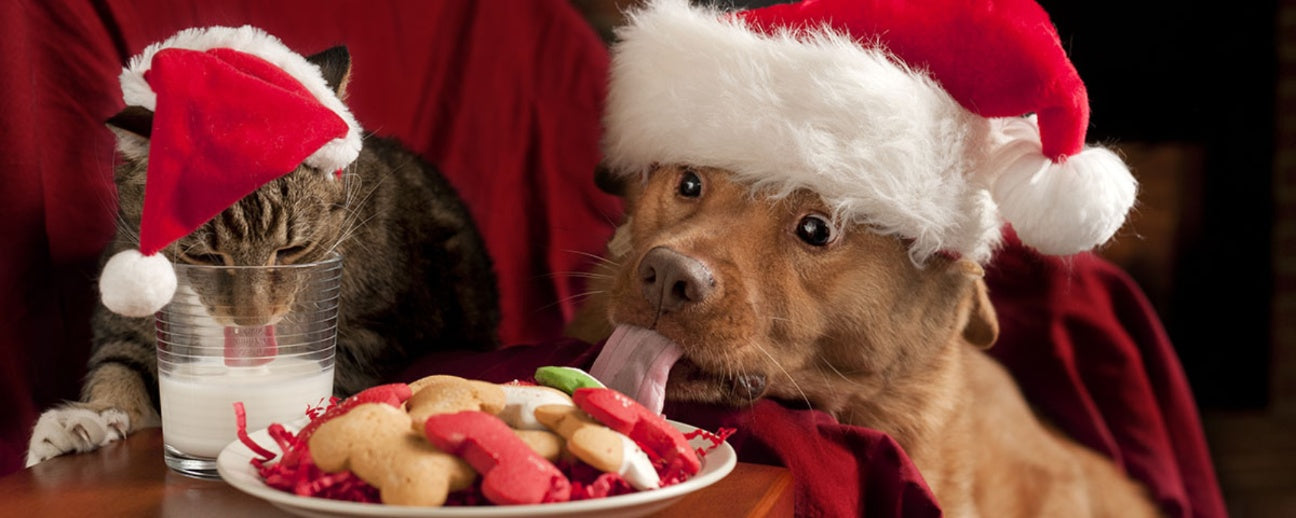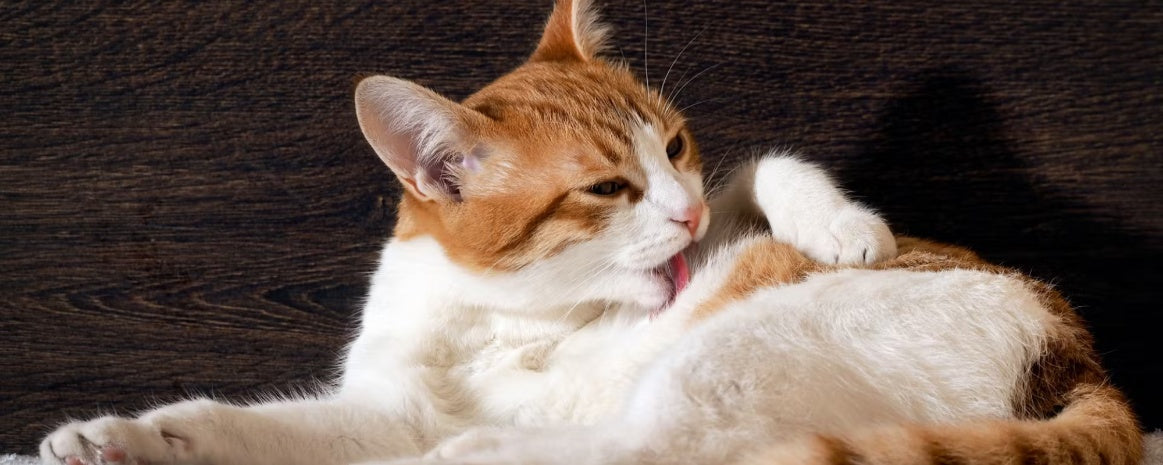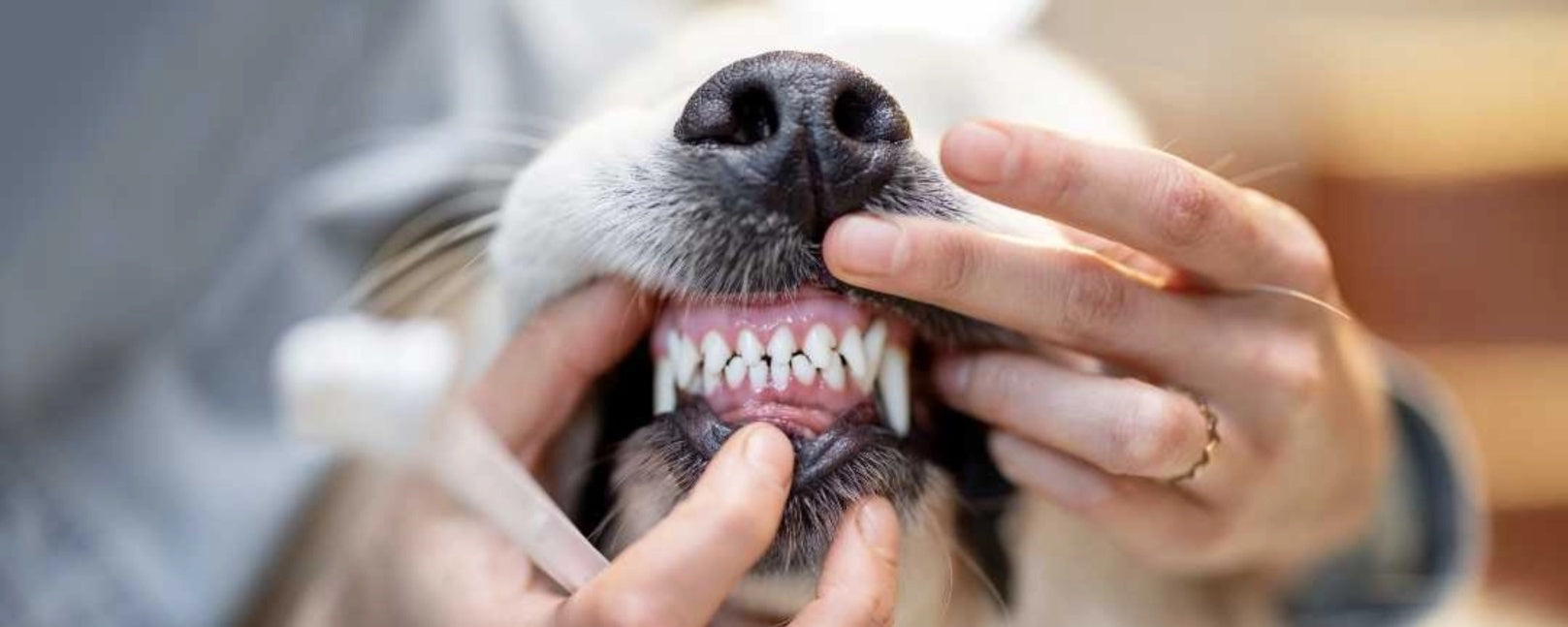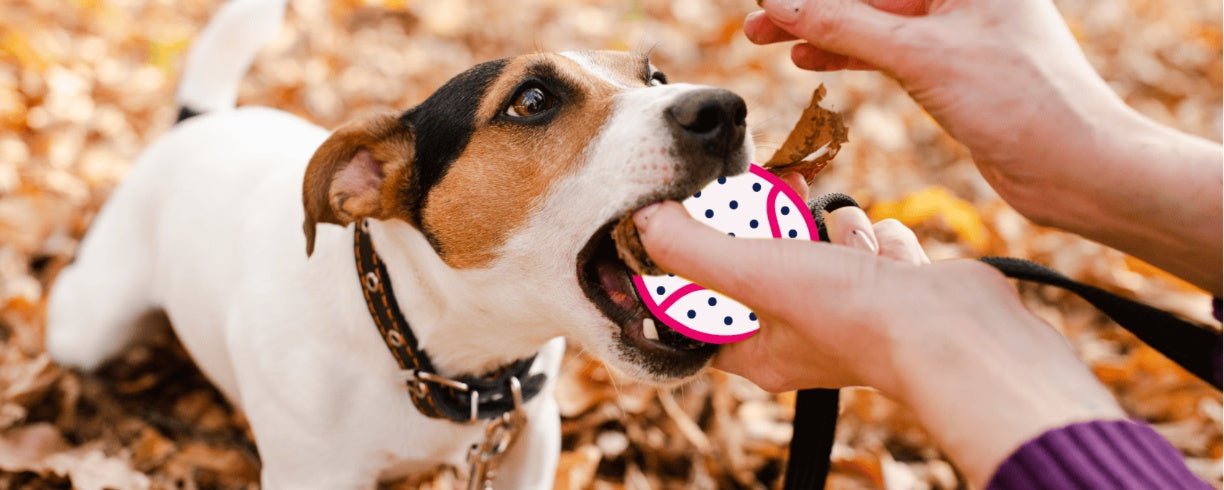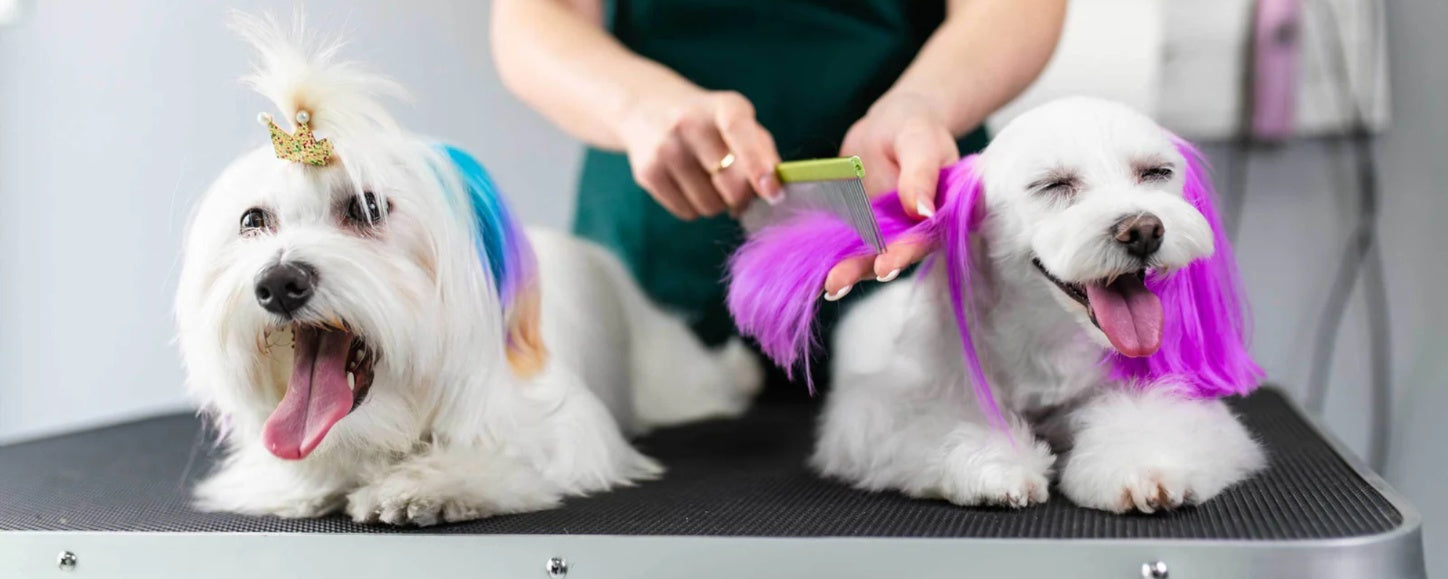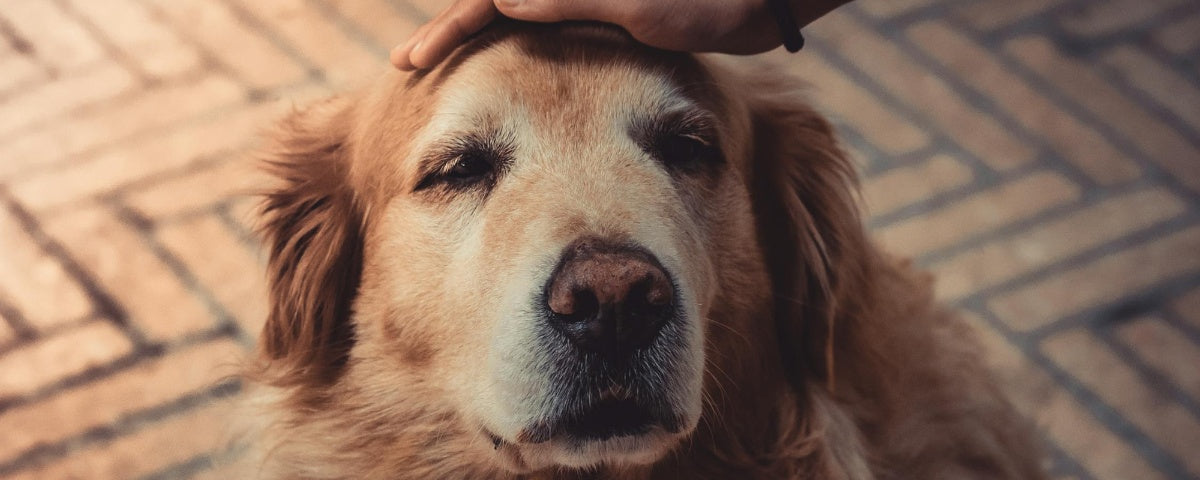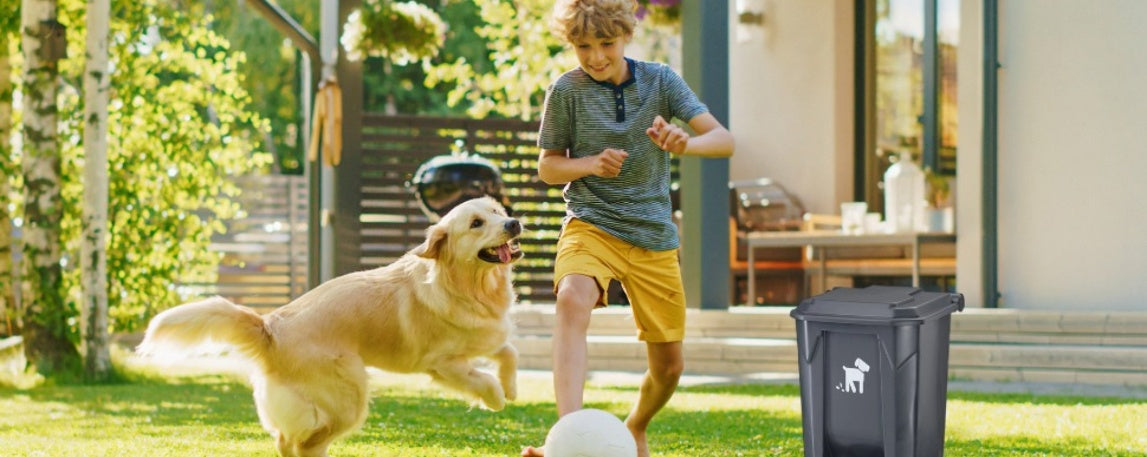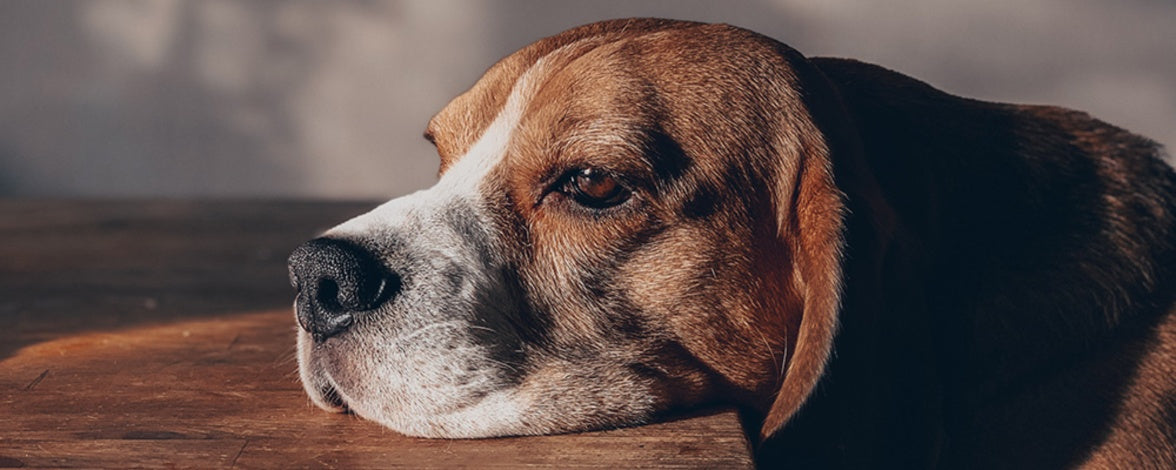1. Chocolate
Chocolate is one of the most dangerous foods for pets, particularly dogs and cats. It contains theobromine and caffeine, which are toxic to animals. Dark chocolate and baking chocolate are especially harmful due to their high concentrations of theobromine. Even small amounts can cause severe symptoms, including vomiting, diarrhea, hyperactivity, tremors, seizures, and, in extreme cases, heart failure. Pets that consume larger quantities of chocolate may experience life-threatening complications requiring emergency veterinary care. During the holidays, chocolate is abundant in cookies, cakes, and candies, so it’s crucial to store these items securely. Avoid leaving chocolate on counters or tables where pets can easily access it. If your pet accidentally ingests chocolate, contact your veterinarian immediately. Prevention is key—educate guests to ensure they don’t inadvertently share chocolate treats with your pet.
2. Xylitol
Xylitol is a sugar substitute often found in sugar-free gum, candies, peanut butter, and baked goods. While it’s harmless to humans, xylitol is highly toxic to dogs. Even a small amount can cause a dangerous drop in blood sugar, leading to symptoms such as weakness, vomiting, loss of coordination, and seizures. In more severe cases, xylitol can lead to liver failure, which can be fatal. Cats are less likely to encounter xylitol-laden foods but may still be at risk if they ingest them. During the holidays, sugar-free desserts and gums are common, so take extra care to read labels and keep these items out of your pet’s reach. If your pet ingests xylitol, seek veterinary care immediately—it’s a medical emergency. Providing pet-friendly treats ensures your pets feel included in the celebrations without putting their health at risk.
3. Grapes and Raisins
Grapes and raisins, common in holiday desserts like fruitcakes and bread puddings, are highly toxic to dogs and potentially harmful to cats. Even a small quantity can lead to acute kidney failure, which may be life-threatening. The exact reason for their toxicity is unknown, but the effects are well-documented. Symptoms include vomiting, diarrhea, lethargy, decreased appetite, and reduced urination. In severe cases, pets may experience kidney damage requiring extensive treatment. Cats are less likely to consume grapes or raisins but are not immune to their harmful effects. To keep your pets safe, avoid leaving desserts containing these ingredients within their reach. Securely dispose of leftover fruitcake or raisin bread to prevent accidental ingestion. If your pet consumes grapes or raisins, contact your veterinarian immediately for advice. Early intervention can make a significant difference in the outcome.
4. Alcohol
Alcoholic beverages and foods containing alcohol, such as rum cakes or beer-battered items, are extremely dangerous for pets. Alcohol can cause central nervous system depression, leading to symptoms like vomiting, diarrhea, difficulty breathing, low body temperature, and in severe cases, coma or death. Pets are often drawn to the sweet smell of alcoholic drinks, making them more likely to take a sip if given the opportunity. Even small amounts can be toxic, especially for smaller pets. During the holidays, when alcohol is more likely to be left unattended, take precautions by keeping glasses and bottles out of reach. Dispose of unfinished drinks promptly, and inform guests about the risks of leaving alcohol where pets can access it. If your pet ingests alcohol, seek immediate veterinary attention. Preventing access to alcohol is essential for ensuring a safe and worry-free holiday season.
5. Fatty Foods
Rich, fatty foods like turkey skin, gravy, bacon, and buttery dishes are staples of holiday feasts but can be harmful to pets. These foods are difficult for pets to digest and can lead to pancreatitis, a painful inflammation of the pancreas. Symptoms of pancreatitis include vomiting, diarrhea, abdominal pain, and lethargy. Without treatment, pancreatitis can cause severe complications or even become life-threatening. Pets don’t metabolize fat the same way humans do, making them more susceptible to digestive issues when they consume fatty foods. To prevent this, avoid feeding table scraps to your pets during holiday meals. Instead, stick to their regular diet or offer them pet-safe treats. Encourage guests to do the same to ensure your pet doesn’t accidentally consume fatty foods. If your pet shows signs of pancreatitis, consult your veterinarian immediately for proper care.
6. Cooked Bones
While it may seem natural to give your pet a bone to chew on, cooked bones are incredibly dangerous. Unlike raw bones, cooked bones become brittle and can splinter when chewed. These splinters can cause choking, internal injuries, or blockages in the digestive tract. Symptoms of a blockage include vomiting, loss of appetite, and lethargy, which may require emergency surgical intervention. Popular holiday meats like turkey, chicken, or ham often come with cooked bones, so be vigilant when disposing of leftovers. Place bones in a pet-proof trash bin to ensure your pet doesn’t accidentally ingest them. To satisfy your pet’s chewing instincts, consider providing safe, vet-approved chew toys or rawhide alternatives instead. Keeping cooked bones out of reach is a simple yet effective way to protect your pet from unnecessary harm.
7. Macadamia Nuts
Macadamia nuts are often found in holiday cookies and desserts but are highly toxic to dogs. Symptoms of macadamia nut poisoning include vomiting, tremors, hyperthermia, and weakness, typically appearing within 12 hours of ingestion. These symptoms can last up to 48 hours, causing significant discomfort for your pet. While the exact reason for their toxicity is unclear, the effects are well-documented, and even a small amount can be harmful. Cats are less likely to consume macadamia nuts but can still suffer adverse effects if they do. Keep nut-based snacks and baked goods securely stored, and avoid leaving them unattended on counters or tables. If your dog ingests macadamia nuts, consult your veterinarian immediately. Taking preventative measures, such as offering pet-safe treats, can help keep your pet healthy and safe throughout the holidays.
8. Onions and Garlic
Onions and garlic, commonly used in holiday dishes, are toxic to pets in all forms—raw, cooked, powdered, or dehydrated. They contain compounds that can damage a pet’s red blood cells, leading to anemia. Symptoms of onion or garlic poisoning include weakness, lethargy, pale gums, rapid breathing, and reduced appetite. These ingredients are especially dangerous to dogs and cats and can have cumulative effects if consumed repeatedly over time. Holiday favorites like stuffing, gravy, and seasoned meats often contain onions and garlic, so be vigilant about keeping these foods away from pets. To prevent accidental ingestion, avoid giving table scraps and inform guests not to share their plates. If you suspect your pet has consumed onions or garlic, contact your veterinarian immediately for guidance. Early treatment can help mitigate the effects and protect your pet’s health.
9. Yeast Dough
Unbaked bread or pastry dough containing yeast can pose severe risks to pets. When ingested, the dough continues to rise in the warm environment of the stomach, causing painful bloating and distention. Additionally, the fermentation process produces alcohol, leading to alcohol poisoning. Symptoms include vomiting, lethargy, uncoordinated movements, and difficulty breathing. Yeast dough ingestion is a medical emergency that requires immediate veterinary attention. To protect your pets, keep dough covered and out of reach while baking and dispose of scraps securely. If you enjoy baking during the holidays, consider setting up a separate space where your pet cannot access ingredients. This simple precaution can prevent a potentially life-threatening situation.
10. Gravy and Stuffing
Holiday staples like gravy and stuffing may seem harmless, but they often contain ingredients like onions, garlic, and excessive salt, which can be harmful to pets. The high fat content in gravy can also lead to pancreatitis, while the sodium can cause dehydration or salt poisoning in severe cases. Symptoms of salt poisoning include vomiting, diarrhea, tremors, and seizures. Many stuffing recipes also include raisins, nuts, or spices that add to the risks. Instead of sharing these festive dishes, provide your pet with plain, unseasoned meat or vet-approved treats. Keeping rich holiday foods off your pet’s plate ensures their digestive system stays healthy and reduces the likelihood of emergency vet visits.
11. Nutmeg
Nutmeg is a common ingredient in holiday treats like cookies, pies, and eggnog, but it’s toxic to pets. It contains a compound called myristicin, which can cause hallucinations, increased heart rate, disorientation, abdominal pain, and seizures when ingested in large amounts. Pets are particularly sensitive to these effects, even from small quantities. Since nutmeg is often paired with other harmful ingredients like sugar or butter in desserts, the combined risks can escalate quickly. Always store baked goods and spices in secure locations where pets cannot access them. If you suspect your pet has consumed nutmeg, contact a veterinarian promptly. Prevention and vigilance are the best strategies to keep your pets safe during the holidays.
12. Cheese and Dairy
Many pets, particularly cats and some breeds of dogs, are lactose intolerant. Dairy products like cheese, cream, and butter, which are common in holiday dishes, can cause digestive upset. Symptoms include bloating, diarrhea, gas, and abdominal discomfort. Rich dishes like cheesecakes or creamy casseroles can exacerbate these issues due to their high fat content. While a small piece of cheese may not cause harm to every pet, it’s best to avoid dairy altogether to prevent any potential problems. Instead, opt for pet-safe alternatives to include your pet in the festivities without risking their health. Inform guests to avoid sharing dairy-based foods to ensure everyone enjoys the holiday worry-free.
13. Candy Canes and Hard Candies
Candy canes and other hard candies might look festive, but they pose several dangers to pets. Hard candies are a choking hazard and can damage a pet’s teeth. Many candies also contain xylitol, a sugar substitute that is highly toxic to dogs, leading to symptoms like vomiting, lethargy, and seizures. Additionally, the high sugar content can cause long-term health issues like obesity or diabetes if consumed regularly. Pets may also be tempted by the shiny wrappers, which can lead to intestinal blockages if swallowed. To keep your pets safe, store candies in sealed containers and ensure wrappers are disposed of properly.
14. Fruitcakes and Holiday Breads
Fruitcakes and holiday breads often contain a dangerous mix of raisins, alcohol, and nuts, all of which are harmful to pets. Raisins can cause kidney failure in dogs, macadamia nuts can lead to tremors and lethargy, and alcohol can result in vomiting, seizures, or coma. The high sugar and fat content in these treats further add to the risks. These desserts are commonly left on tables or counters, making them easily accessible to pets. Be mindful of where you place desserts and avoid feeding pets even small bites. Always dispose of leftovers securely to prevent accidental ingestion.
15. Caffeine
Caffeinated beverages like coffee, tea, and hot cocoa are popular during the holidays but can be dangerous to pets. Caffeine stimulates the nervous system and heart, leading to symptoms such as hyperactivity, tremors, rapid breathing, and seizures. In severe cases, it can cause heart arrhythmias or death. Pets may be tempted by leftover drinks left unattended on tables or counters. To protect your pets, avoid leaving mugs or cups within reach and clean up spills promptly. Educating guests about the risks of caffeine can also help ensure your pet stays safe during the festivities.
How to Protect Your Pets During the Holidays
The holiday season is a time for celebration, but it’s also a time to be extra vigilant about your pet’s safety. Educate your guests about the risks of sharing human food with pets, and always keep dangerous foods out of reach. Secure trash bins to prevent scavenging and provide your pets with safe, vet-approved treats to include them in the holiday fun. In case of an emergency, have your veterinarian’s contact information and the nearest 24-hour clinic readily available. By taking these precautions, you can ensure a joyful and worry-free holiday season for everyone.

